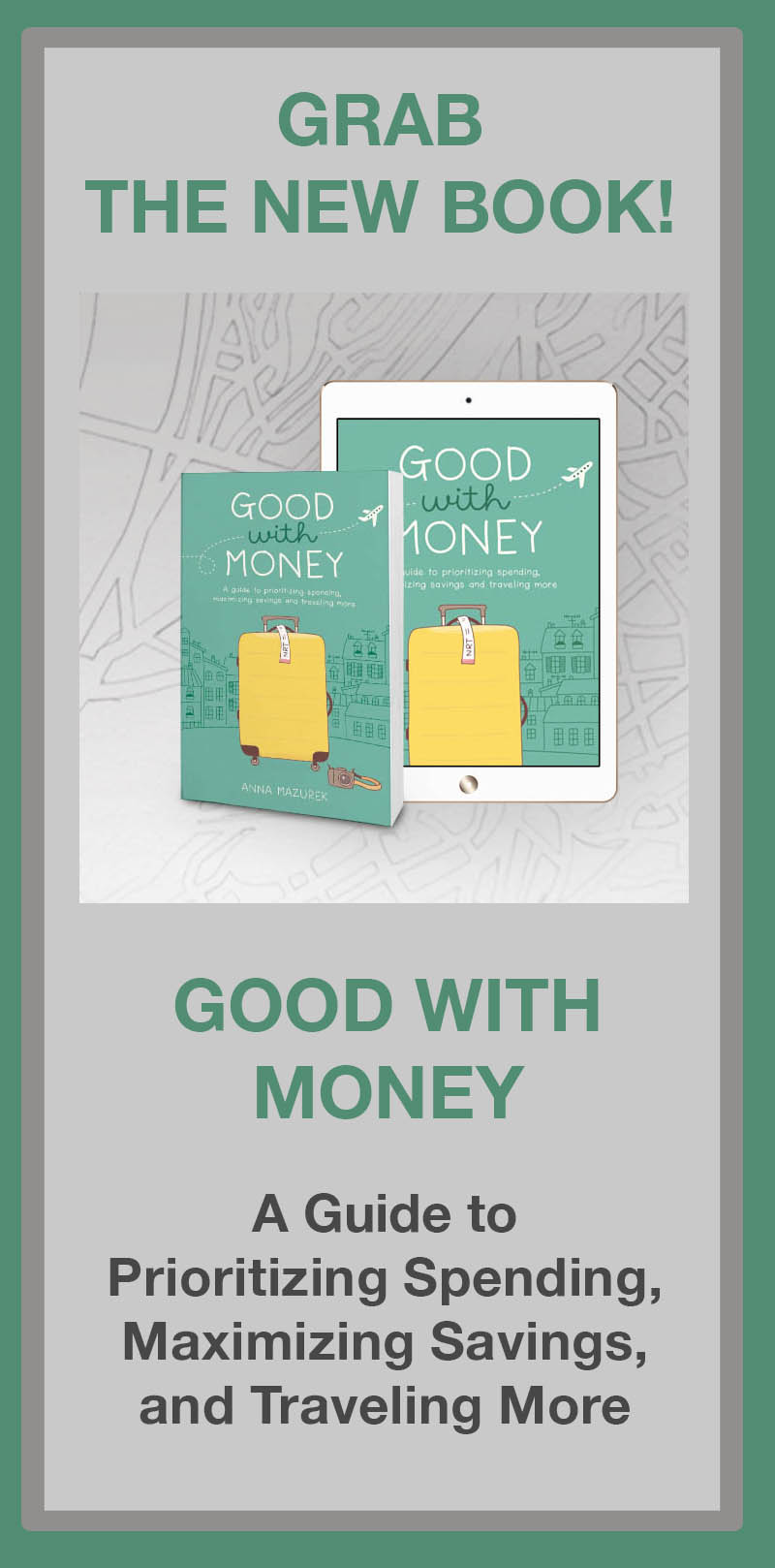
In the latest Travel Tuesday Interview, I chat with travel nurse Peter Torreja, who I met on my trip to Mongolia last year. Peter has been working and living in the Middle East for the past three years. He discusses what life is like in the Middle East and his favorite places to travel!
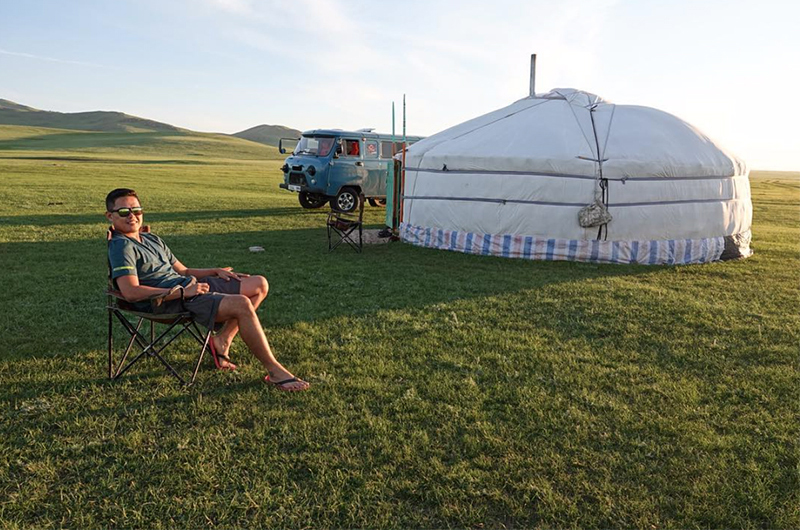
Name: Peter Torreja
Age: 32
Hometown: Vancouver, Canada
Country count: 74
Instagram: 7continentsbythirty
1. How did you start traveling?
I’ve always been an outdoorsy person ever since I was a kid. I guess growing up in a small town in the Philippines surrounded by nature sparked this interest.
2. Tell us about how you ended up working as a travel nurse in the Middle East. Why did you choose to work in the region?
After graduating from nursing in Canada and accumulating enough experience, I knew I had to move out of Canada. Living in Vancouver, although beautiful, had become monotonous. I got two job offers – one in Australia and another in the kingdom of Saudi Arabia. It didn’t take me long to choose Saudi over Australia. One, job offer was good. Two, Saudi seems more exotic than Australia. Finally, I wanted to travel more to Africa so making the Middle East as my hub would mean cheaper airfare compared to when you’re based in North America. I love the contrast between Western and Middle Eastern culture, and its proximity to Africa, which I want to discover more.
3. What is the biggest misconception about working/living in the Middle East?
“Are you nuts? Living in Saudi Arabia will be boring for you! It’ll just be desert and camels.” This is just some of the comments I usually get from friends back in Vancouver or from people I meet on my travels. Yes, Saudi can be very boring if you stay at home and only go to malls on weekends (just like anywhere else). Ever since I moved to Saudi, I’ve been exploring the country like a “madman.” On weekends, I would drive to nearby towns from Riyadh and explore old villages, caves, sink hole, valleys, beaches, wadis, etc. Saudi is definitely teeming with beautiful nature that only a few know about.
4. Are there a lot of women working at travel nurses in the Middle East? Are there any safety concerns for women working in the Middle East?
My colleagues in Saudi were mostly from North America, New Zealand, Europe, South Africa, the Philippines, and Malaysia. Most of them are women. They’ve been working there for many years, and many say it’s safe.
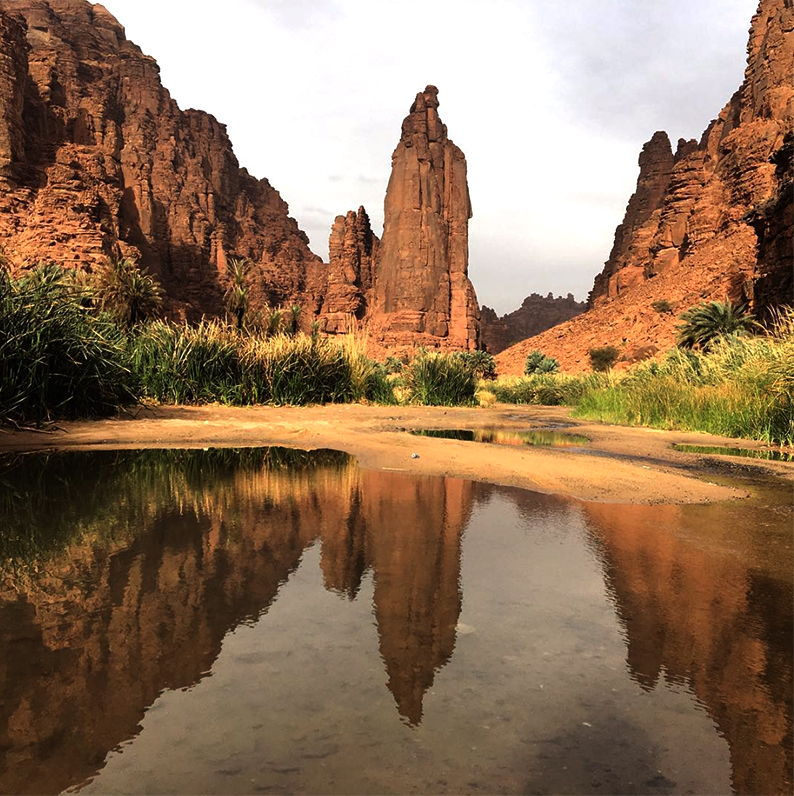
5. Share one of the travel highlights from your travels in the Middle East.
Saudi Arabia in general is very beautiful. Most foreigners and even locals don’t know how beautiful Saudi Arabia is. For example, when I traveled to Madain Saleh (Saudi Arabia’s version of Petra) in 2017, I was shocked to see almost no one around!
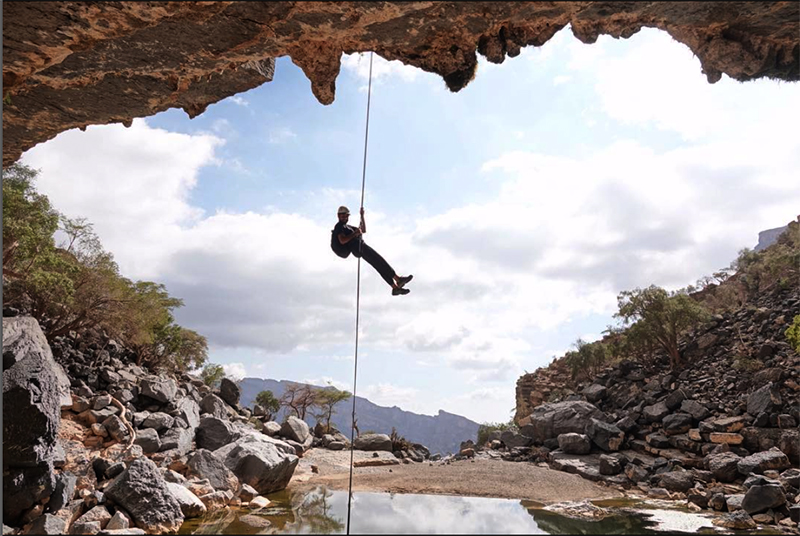
6. Name three places you recommend visiting in the Middle East. (You peaked my interest in Oman so would love suggestions!)
In Saudi Arabia, here’s my top three: Al Disah, Al Ula, Farasan Island, and Georgios shipwreck on a beach near the border town of Haql.
Oman is definitely my top destination in the Arab gulf countries. It’s surprisingly an adventure destination where you can go scuba diving, via Ferrata, abseiling, and hiking to name a few. My favorite spots are as follows: Jebel Shams, Wadi Shab, Nizwa, Bimah Sinkhole and Salalah to name a few. Visiting Salalah during monsoon season which is called Khareef season from late July to early September is unbelievable. The whole place gets covered in green and abounds with waterfalls.
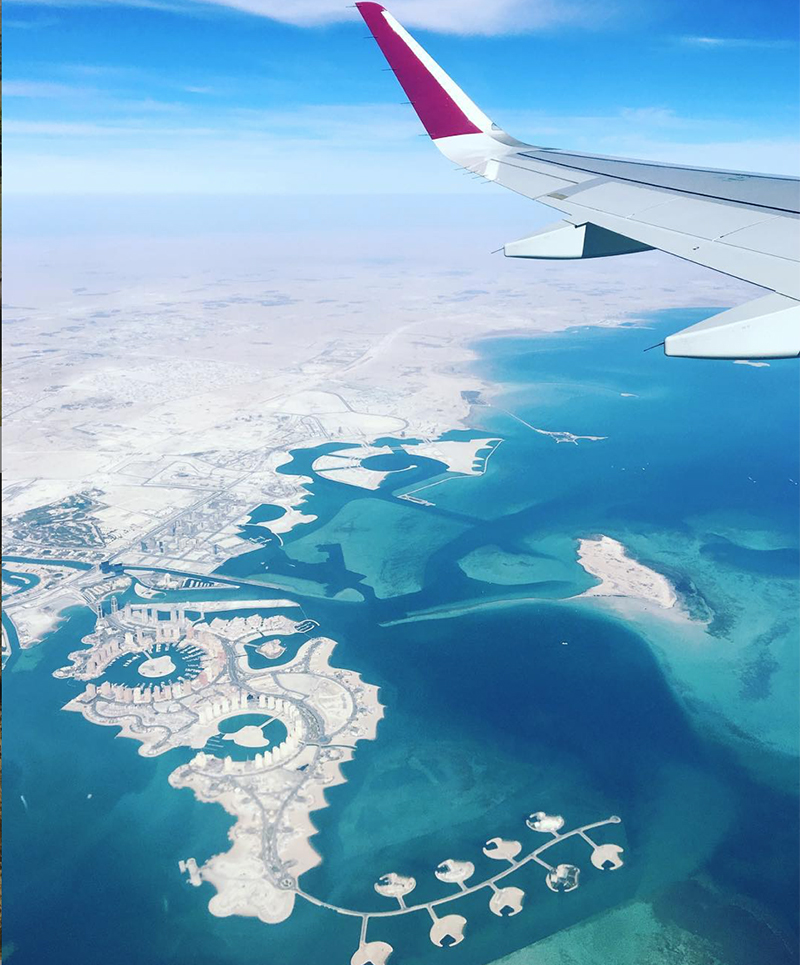
7. What’s the cost of living like in Doha? Cost of travel in Middle East?
Saudi Arabia is very affordable compared to Qatar. For example, eating out in a local restaurant in Saudi would only cost you more or less 10-15 Saudi riyals or almost $3-4 USD, and in Qatar, it would cost you 20-30 Qatari riyals or $6-8 USD. In terms of accommodation, Qatar is very expensive. One studio apartment in the Pearl (i.e. western-like neighborhood on a man-made island), for example, would cost you more or less 9,000 Qatari riyals or $2,500 USD per month. On Tahaliya street in Riyadh, 4,000 Saudi riyals or $1,000 USD can get you a villa with 2-3 bedrooms. In short, Qatar is two or three times more expensive than Saudi. The salaries are higher in Qatar compared to Saudi to make up for higher cost of living.
8. What advice would you have for aspiring travel nurses or resources for how to find jobs?
It’s not worth it if you’re moving to the Middle East just for the money. You got have to embrace the culture and traditions, too. Popular nursing agencies include: hzeigler and ihrcanada. I used ihrcanada and they’re gold.
9. What are three things you always pack for a trip?
Travel adaptor, cell phone & earplugs.
10. What is your next adventure?
Antarctica

Interested in Travel Nursing?
If you are a nurse, doctor or another type of medical professional, you can work across the U.S. and abroad in a variety of short-term positions that range from weeks to years depending on the location. The more remote the location, the higher the pay (specialty units also usually command higher rates, e.g., ICUs, Pediatric ICU, etc.). For example, positions in the Middle East can pay two or three times normal salaries and are often tax free.
For U.S.-based positions, the real money is in the housing and food stipends. Both are tax free as long as you are a certain distance from your actual “home.” The travel nurses that I’ve met recommend finding your own housing and taking advantage of both stipends instead of using the housing provided by the travel agency. This ties in with making the most of your work benefits, which I also discuss in my book. Advanced planning is a must for travel nursing since paperwork can take a while. For more information, check out nursing blogs or seek out colleagues with experience.
For more ways to work abroad, check out my Guide to Working Abroad and 8 Ways to Earn Money While You Travel!

